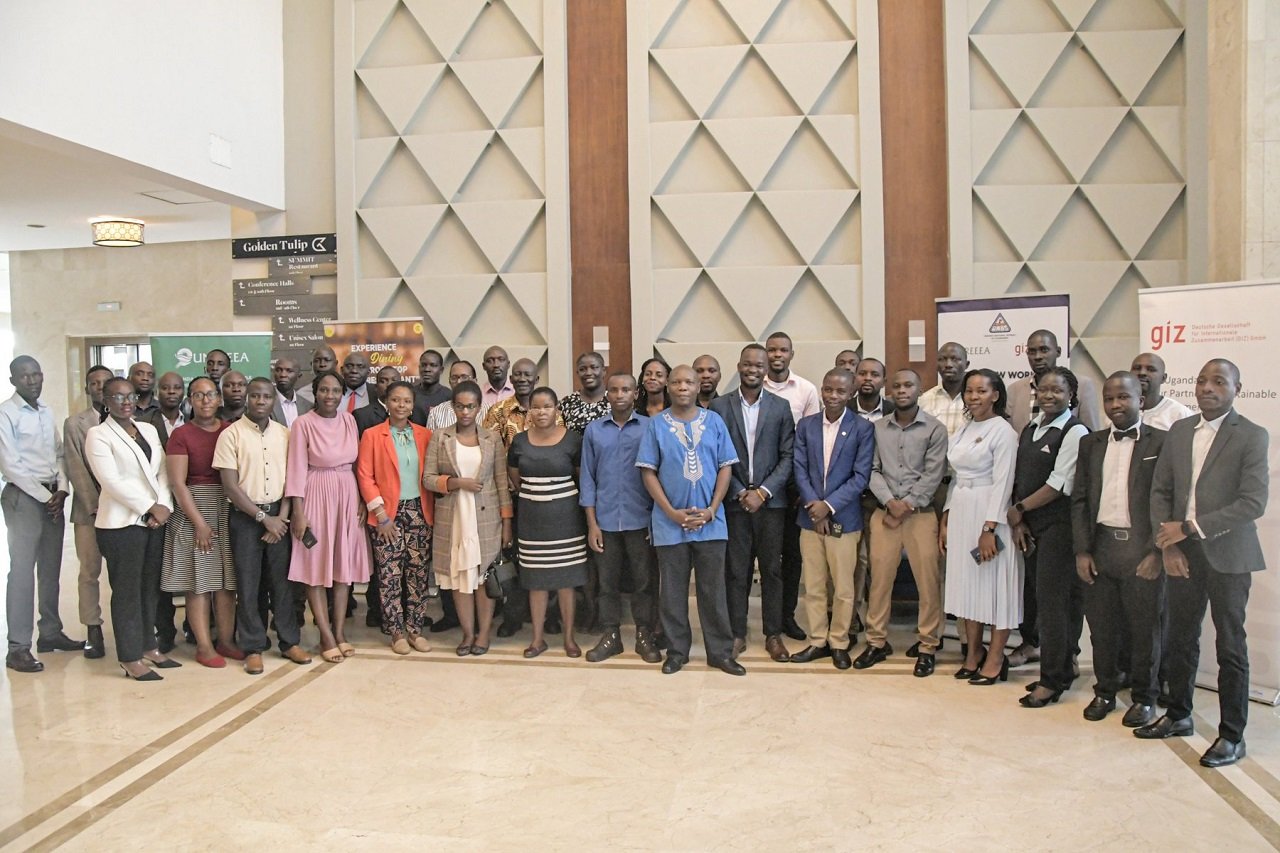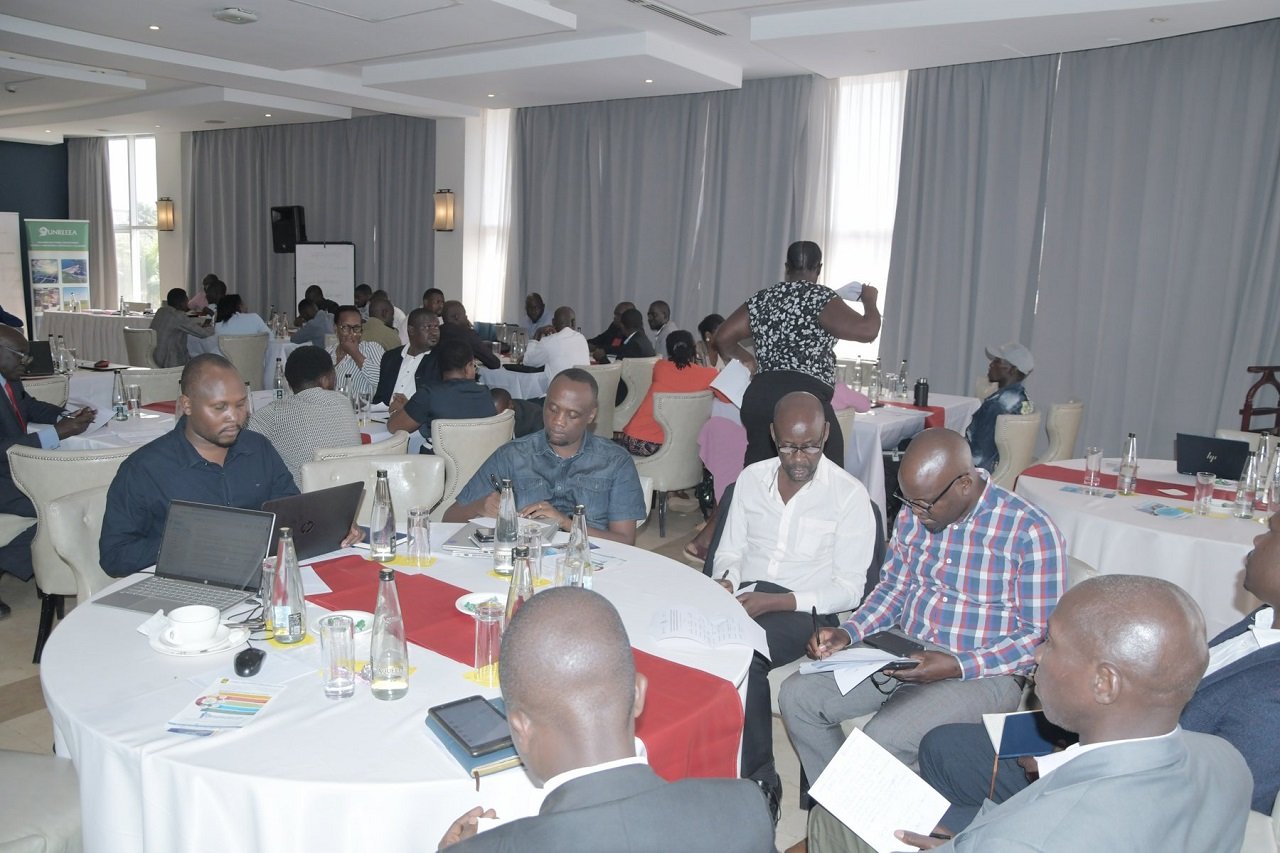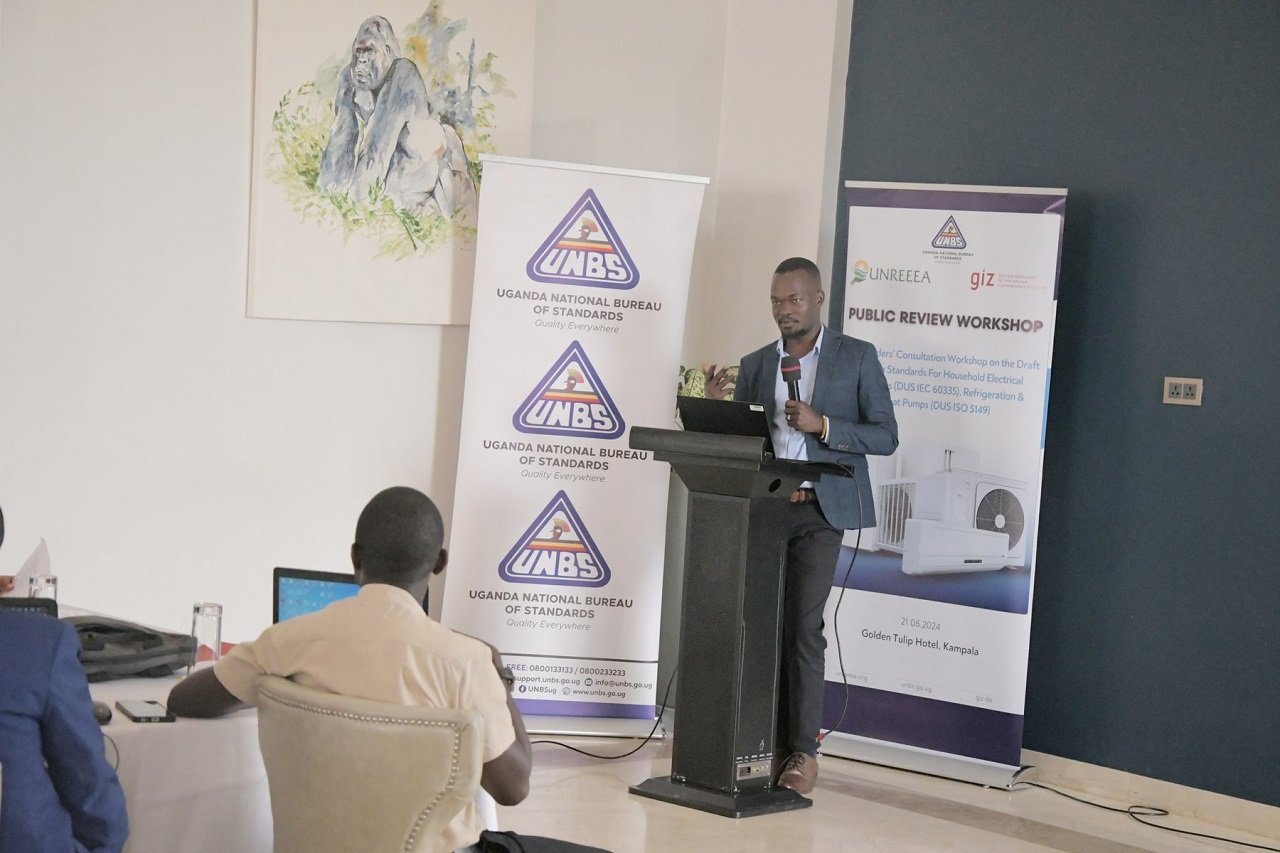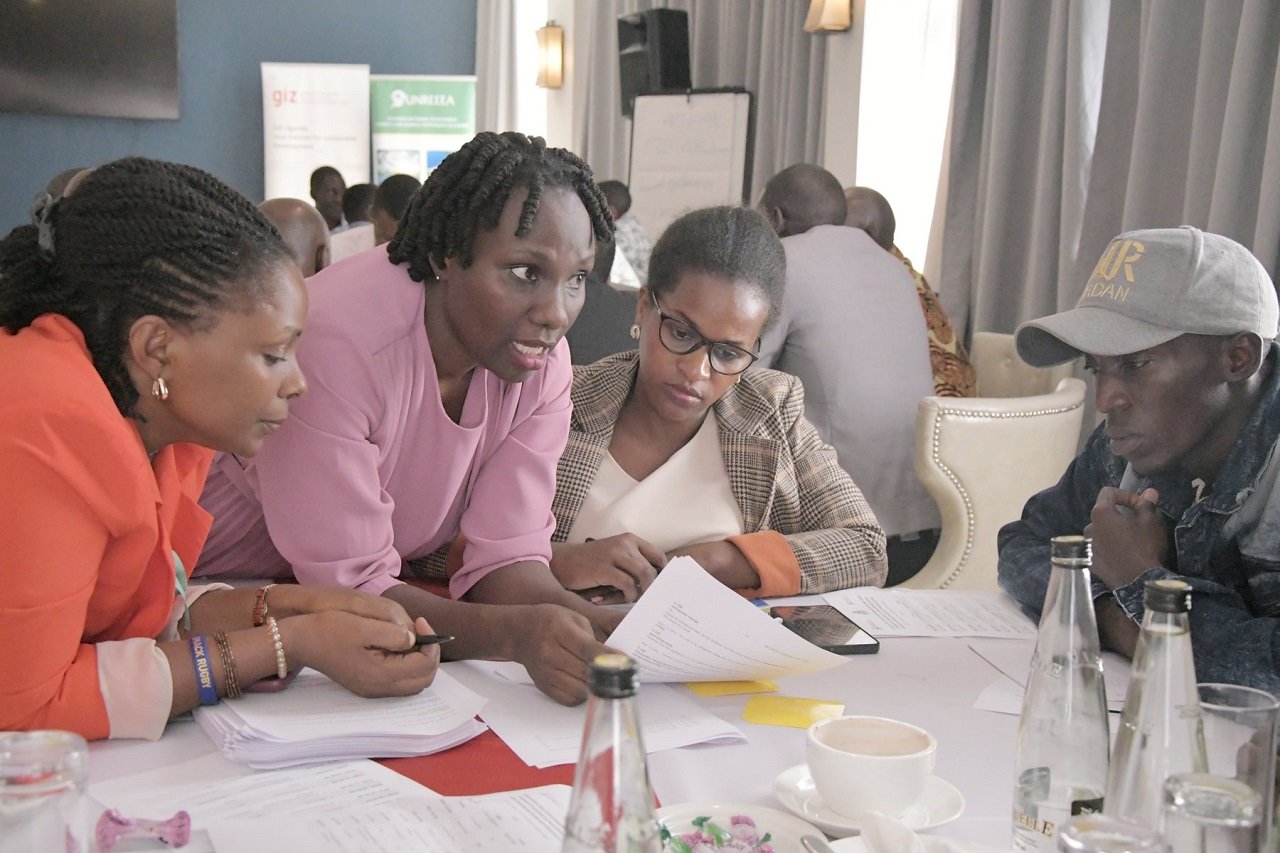Uganda's cooling sector is set to benefit from new quality and safety standards, a move aimed at saving energy and reducing environmental impact. In July 2024, stakeholders convened in a workshop organized by the Uganda National Bureau of Standards (UNBS), Uganda National Renewable Energy and Energy Efficiency Alliance (UNREEA), Uganda National Association of Refrigeration and Air Conditioning (UNARA), and GIZ to discuss these standards.
Focus on Energy Efficiency and Environmental Impact
Anthony Orit, GIZ Advisor on the Green Cooling Initiative Project, stressed the critical importance of these new standards to address global warming: "The RAC sector is expected to account for 13% of global GHG emissions by 2030. This necessitates a swift transition to climate-friendly and energy-efficient RAC technologies, especially here in Uganda."
The discussion emphasized energy-efficient appliances such as Propane (R290) refrigerators and split AC units. R290 offers high energy efficiency and boasts ultra-low global warming potential with no impact on the ozone layer. Using natural refrigerants thus lowers both direct emissions through fewer leakages and indirect emissions through reduced energy consumption.
Ensuring Safety and Quality
UNBS, a statutory body under the Ministry of Trade, Industry, and Co-operatives, emphasized the need for standards to ensure the safe handling and high quality of cooling appliances, which are ubiquitous in various sectors including hotels, hospitals, and supermarkets.
"To regulate the quality of these products, it is necessary to have in place very suitable Standards," said Mr. Andrew Othieno, Manager Standards Development at UNBS.
The new standards, aiming to guide stakeholders on the safe and efficient operation of cooling appliances, are set to position Uganda's cooling sector towards a more sustainable and environmentally friendly future.
Source




